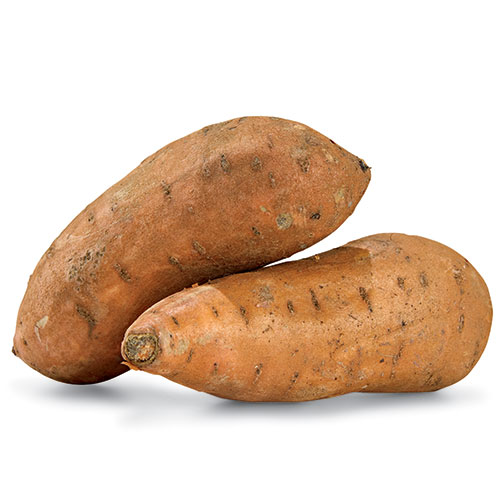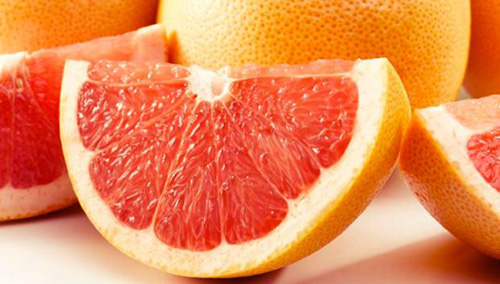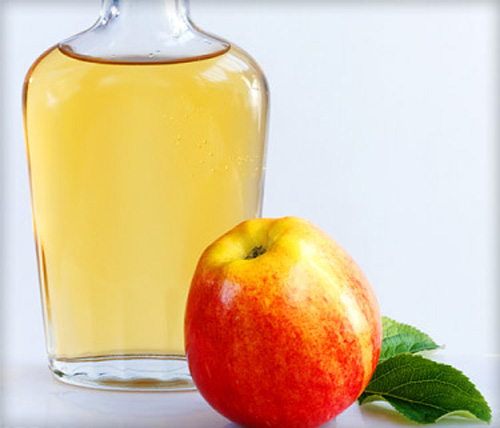Sweet potatoes, also commonly labeled as yams, are an excellent and inexpensive staple to have on hand. These deep orange-fleshed nutritional powerhouses add several important components to the diet. Their health and weight management benefits far exceed the nutritional value found in ordinary white and yellow fleshed potatoes.
Superior fiber content
Sweet potatoes contain almost twice as much fiber as other types of potatoes. Contributing close to 7 grams of fiber per serving, they make an excellent starchy addition to any meal. The high fiber content gives them a “slow burning” quality. This basically means their caloric energy is used more slowly and efficiently than a low-fiber carbohydrate.
Heart-healthy
They contain a large amount of vitamin B6. This vitamin is crucial in breaking down a substance called homocysteine, which contributes to hardening of the arteries and blood vessels. Vitamin B6 helps keep the walls of these important blood passageways flexible and healthy which allows blood to flow freely.
In addition, sweet potatoes contain high amounts of potassium. Potassium plays an important role in lowering blood pressure by ridding the body of excess sodium and regulating fluid balance. It is also an important electrolyte that helps regulate the natural rhythm of the heart, and maintains normal function of the brain and central nervous system.
Rich in beta-carotene
Beta-carotene or vitamin A is an important antioxidant. One medium sweet potato provides your body with the complete recommended daily allowance of vitamin A and then some. Vitamin A is useful in the prevention of several different types of cancer as it is one of the most potent antioxidants out there.
Beta-carotene also helps to internally protect your skin from sun damage by both deflecting and repairing cell damage caused by excessive UV exposure. It also is an excellent nutrient for eye health and has been linked to prevention of vision loss and macular degeneration.
A great source of manganese
Manganese is a little-discussed trace mineral that has some great health benefits. It is a pivotal component in the metabolism of carbohydrates which helps support healthy blood sugar levels. This can help stabilize the appetite for hours as opposed to the temporary satisfaction that comes with most other carbohydrates.
It also is a cofactor in enzymes that play an important role in the generation of energy as well as the efficient utilization of antioxidants. It is used for the treatment of anemia and is useful as a treatment for several premenstrual symptoms in women as well.
Rich in vitamins C and E
As if being one of the top vegetable sources of beta-carotene weren’t enough, sweet potatoes are also rich in vitamins C and E. These are potent antioxidant vitamins that play an important role in disease prevention and longevity.
Both vitamins also play a huge role in the health and beauty of your skin and hair, making them popular supplements. The combination of beta-carotene, vitamin E and vitamin C in one food makes the sweet potato one heck of a “beauty food”. These nutrients all contribute to a healthy, glowing complexion and vibrant hair.




